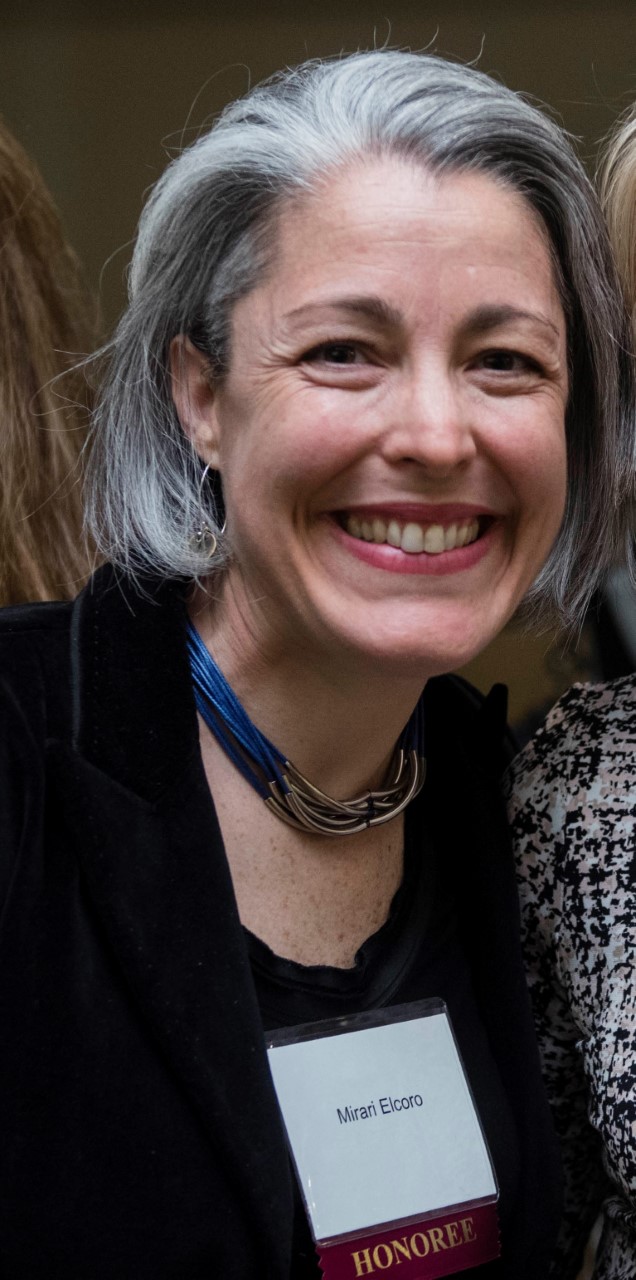Click to listen to the podcast with Dr. Mirari Elcoro

In this podcast, Dr. Mirari Elcoro, our featured speaker from Framingham State University, will discuss her scholarship of teaching and learning. She will narrate her development and motivation for evaluating and disseminating the effects of bringing the laboratory (live or virtual) into the classroom. Lastly, she will highlight her current project aimed at identifying best practices for facilitating effective studying habits for students.
Dr. Mirari Elcoro is an Assistant Professor of Psychology in the Department of Psychology and Philosophy at Framingham State University. She obtained a doctorate degree in Psychology, with focus in Behavior Analysis, from West Virginia University. She is a Governor’s Teaching Fellow from the Institute of Higher Education at the University of Georgia, and has been nominated to the Georgia Regents’ Excellence in Teaching Award by Armstrong State University (Savannah, GA) where she taught for nine years. She is also a Board Certified Behavior Analyst (BCBA-D). Dr. Elcoro serves in the editorial board of the Mexican Journal of Behavior Analysis.
As a teacher scholar, Dr. Elcoro is passionate and invested in the scholarship of teaching and learning. She studies teaching as one of her scholarship interests. Her interest in not only in the behavior of teaching, but also in the academic and professional behaviors of her students (e.g., studying). Several of her projects focus on improving engagement in the classroom. One recent project, titled Bringing the Laboratory into the Classroom, is aimed at improving the understanding and appreciation of scientific concepts in the psychology classroom. She is also currently involved in examining the use of guided notes in undergraduate education.
Within the experimental analysis of behavior Dr. Elcoro is interested in the study of temporal control, delay of reinforcement, behavioral pharmacology, and resurgence of operant behavior. Dr. Elcoro is also interested in the intersections between behavior analysis and neuroscience. She co-founded the minor in Neuroscience at Armstrong State University and currently teaches in the Minor in Neuroscience at Framingham State University.
Publications in the Scholarship of Teaching and Learning:
Elcoro, M., Broughton, K., & Hebert, L. Guided notes in undergraduate instruction. International Journal of Scholarship of Teaching and Learning. Under Revision (Revise & Resubmit). Working on Revisions.
Elcoro, M. & McCarley, N. (2015). This old thing? Using old laboratory equipment to enhance psychology courses. Teaching of Psychology, 42(1), 69-72. doi:10.1177/0098628314562681
Elcoro, M., & Trundle, M. B. (2013). Student preferences for live versus virtual rats in a learning course. International Journal for the Scholarship of Teaching and Learning, 7 (1), 1-13. Retrieved from http://academics.georgiasouthern.edu/ijsotl/v7n1.html
Elcoro, M. & Eagle, J. (2011). Efecto de la kava-kava en la conducta agresiva de peces betta splendens: una técnica para la práctica de laboratorio de pregrado en Psicología. [Effects of kava-kava on aggressive behavior of Siamese fighting fish: A laboratory research project for psychology undergraduates]. Analogías del Comportamiento, 12, 73-90.
Special thanks to Peter Puccio for recording this podcast.